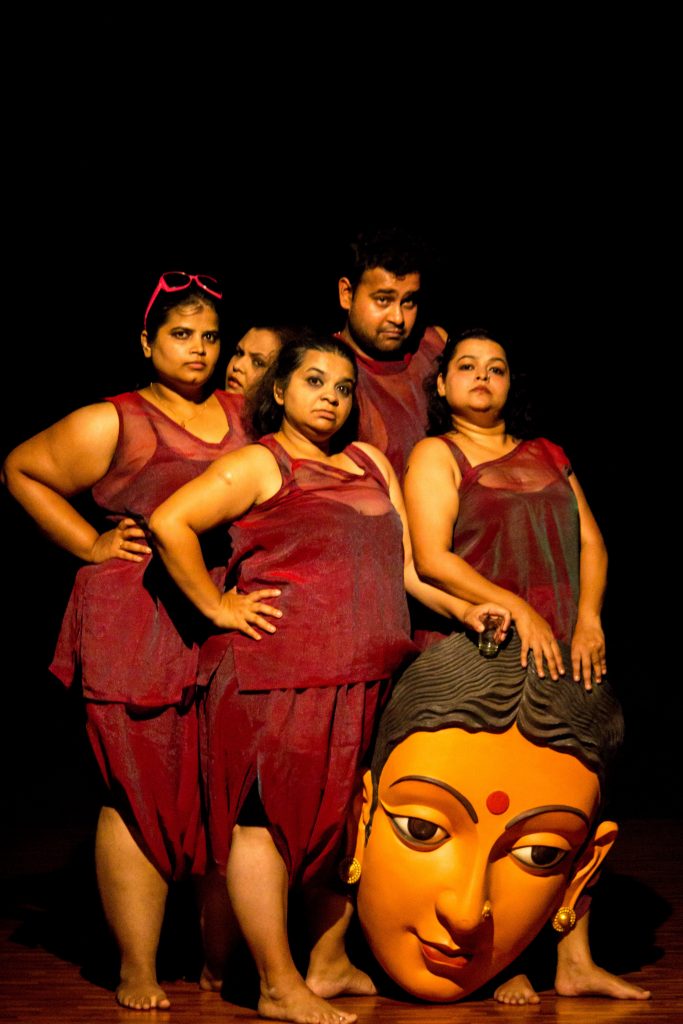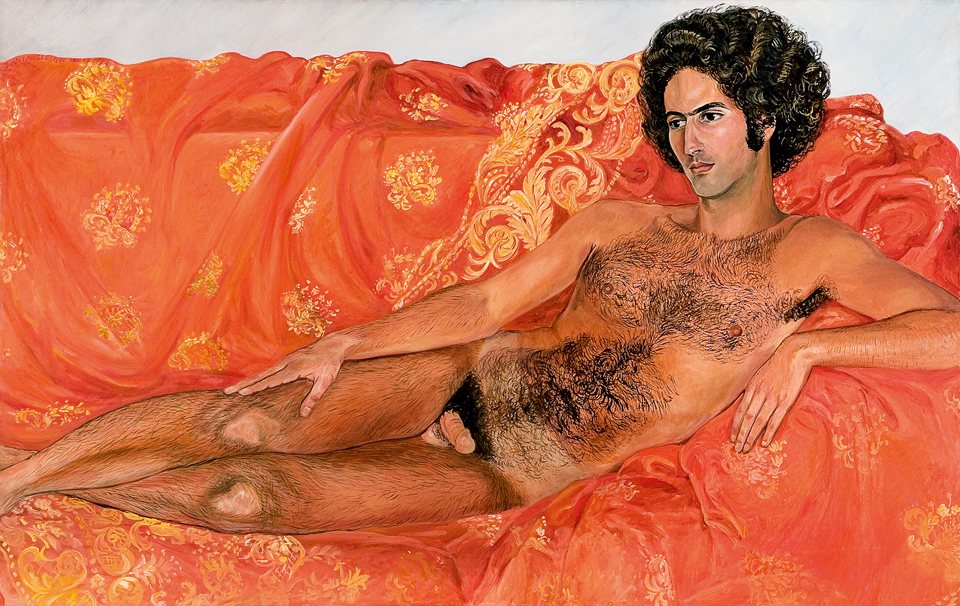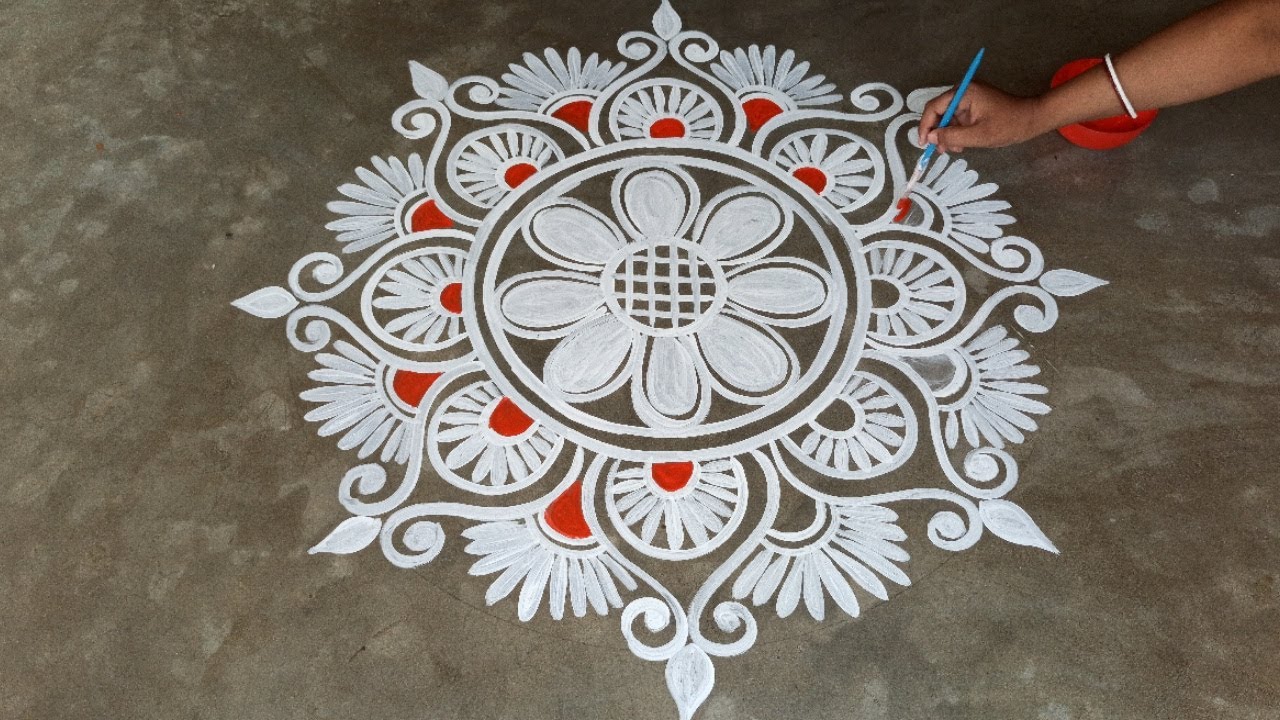“I got involved in theatre at a pretty young age. For the longest time, I found myself being cast in sidekick roles…I was always the mother, the mother-in-law, the grandmother or the domestic worker,” laughs Anuradha HR, Director of The Big Fat Company (BFC). Founded in 2017, BFC is an organisation that examines the ‘politics of the body’ using theatre as an instrumental device.

Anuradha embarked on the idea when, after almost two decades in theatre, she had the staggering realisation that it was her plus-sized body, not her acting talent, that was dictating the type of roles she was being cast in. “I was the sidekick who consistently received more praise than the protagonist,” she muses. Her experiences brought to light the patriarchal aesthetic views that influence casting, and the unwillingness that even the most acclaimed theatre directors—a large number of whom are men—have in breaking deeply ingrained stereotypes.
To this day, Anuradha notes, there is little appreciation for what different bodies can do. The idea for BFC, she says, was born in 2008, but it was when she took a leap of faith in 2015 and quit her corporate job to pursue theatre more actively, that the idea began to take a distinct form.
Anuradha embarked on the idea when, after almost two decades in theatre, she had the staggering realisation that it was her plus-sized body, not her acting talent, that was dictating the type of roles she was being cast in.
By the summer of 2017, Anuradha had brought together a group of plus-sized actors, all of whom shared her vision for a more inclusive representation of bodies within the performing arts, to form The Big Fat Company. The same year, they began working on their first production, Head 2 Head—an adaptation of selected sections from Girish Karnad’s classic play Hayavadana. The play was a fitting choice—in Hayavadana (meaning Horse Headed Man), Karnad explores an identity crisis that originates from the switching of heads between two bodies.
BFC used the play to interrogate the bias around plus-sized bodies in theatre, and began a dialogue on what designates a plus-sized actor’s identity—is it their talent or their body? The call for auditions minced no words. “We sought big, fat actors who were associated with stories of body shaming and wanted to share their experiences,” says Anuradha.
Under the direction of Shabari Rao, Head 2 Head came to be devised collaboratively in three months, with continual inputs from the actors at every step of the rehearsal. Anuradha believes Shabari, whose work is rooted in challenging established ideas around how bodies are perceived or used in a performance, was the ideal director to have at the helm of their project. Shabari’s ways of directing emphasised on letting the actors take full ownership of their ‘body’ stories, using the physicality of their bodies to communicate these stories, and giving room for the process to permeate into the final performance.
In early 2018, BFC opened up its maiden production Head 2 Head to a conservative audience in South Bangalore. The response was fair. Two years later, in early 2020, BFC in collaboration with Shreekanth Rao staged its second production, Name the Game. Borrowing from the story of Hidimbi, the demon queen who married Bhima in the Mahabharata, the performance explored power through the lens of gender, caste, and social hierarchy, and examined how the ideals of beauty are shaped by these contextual factors.
Both of BFC’s productions, Hayavadana and Name the Game, pose and address questions that are deeply relatable to audiences everywhere. They invite the audience to reflect upon their perspectives around body constructs and, more importantly, they do this without assigning guilt. “Our work aims at engaging the audience as one of us because the fact is that a perfect body is a myth, and everyone in one way or the other has gone through the ‘inadequate’ comment in our lives,” explains Anuradha.

Having grown up in a society that struggles to see fat bodies as feminine, Anuradha is no stranger to experiences of body shaming. As a teenager, she recalls refusing to make any effort to dress up or wear makeup—not performing her femininity was her way of rebelling against society’s ideal beauty standards. She believes the proliferation of media has only made things worse.
Having grown up in a society that struggles to see fat bodies as feminine, Anuradha is no stranger to experiences of body shaming. As a teenager, she recalls refusing to make any effort to dress up or wear makeup—not performing her femininity was her way of rebelling against society’s ideal beauty standards.
“Look at our advertisements. No matter how smart or financially independent a woman is, she is portrayed as someone with poor self-worth if she is dark-skinned or fat – for all you know, she could be more comfortable in her skin than someone with an ideal body type!” Anuradha feels her journey with BFC has allowed her to examine her own constructs about the body and challenged her to view it from various perspectives. “It has eased the process of positive acceptance of my own self as a physical being, as a woman, as an actor, as a mother, and as a facilitator who helps people build positive body memories. It has helped me develop into a better human overall,” she says.
Also read: How Feminist Theatre Emerged in India
Over the last year and a half, BFC has gradually ventured to take its work outside of the performing arts space. Reflecting on a workshop that BFC facilitated for parents, Anuradha highlights the pivotal role language plays in influencing the body image of a child. “If the child’s reference for pretty is a skinny Barbie doll and I use ‘pretty’ to compliment the child, am I not promoting an unrealistic body image?” she asks. Soon, BFC hopes to create spaces in schools for children to discuss the beliefs and attitudes they carry about the body, think critically about the ‘ideal body’ portrayals on social media, and learn to own their bodies with greater confidence and awareness.

When asked about BFC’s aspiration, Anuradha points out that BIG fat is a metaphor that applies to any physical inadequacy construct. “There are so many people fed with these constructs because they are too thin, or dark, or short, tall, bald, or hairy, etc. As an ensemble, we presently relate to the harm that this construct brings through our own experience of being BIG or fat – that’s all!” she says.
Also read: Performed Conversations: Dynamic Form Of Alternative Theatre In Assam
Through its work, BFC wishes to contribute to the unfolding of a new reality – a world where acceptance of various kinds of bodies in the performing arts and outside becomes normalised. It is an audacious dream, but a very necessary one.
Alagammai Meyyappan is an arts-based therapy practitioner from Bangalore, India. She works primarily with children and adolescents, and is interested in examining the potential that education has in challenging gender norms.
All pictures have been provided by The Big Fat Company.




